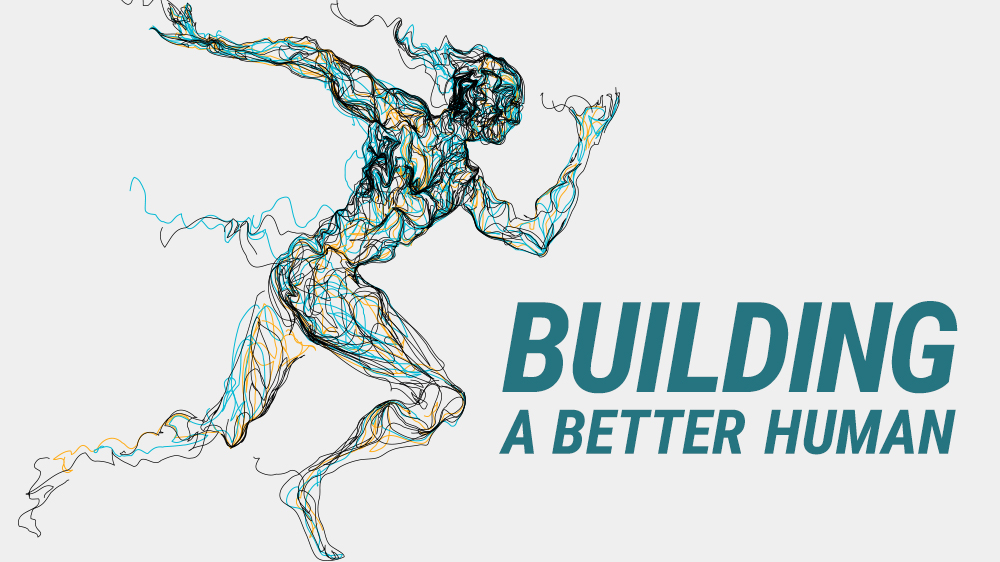Rich Diviney, joins Jamie Wheal for a discussion surrounding the value and development of attributes. What follows is the transcript from their jam packed discussion surrounding the topics of peak performance, flow states, and optimal psychology.
Rich Diviney, joins Jamie Wheal for a discussion surrounding the value and development of attributes. What follows is the transcript from their jam packed discussion surrounding the topics of peak performance, flow states, and optimal psychology.
Dr. Roger Walsh, one of the world's leading experts on the mind, joins us to discuss how integral psychology, altered states, and spiritual practices can help us meet our current global crises while building a “bunker of light” for future generations.
When you open your eyes, do you see the world as it really is? Do you see reality? Neuroscientist and world renowned expert in perception, Dr. Beau Lotto, reveals the science behind the way our brains play tricks on us while also presenting a revolutionary approach to applying these insights about perception to every aspect of our lives.
We optimize our well-being by supporting four foundational quadrants: mind care, body care, relationships, and environment. By using this integrative framework our time on earth can consistently experience beauty and happiness, from which we can offer our greatest contribution in return.
Nicole Prause Ph.D., neuroscientist researching human sexual behavior, addiction, and the physiology of sexual response, debunks popular misconceptions about the science of sex.
Explore the power and science of the brain-body connection.
We humans are in a bit of an ‘emergence through emergency’ scenario. If we want to stay in the game, we’re going to need to seriously level up. We call it neurohacking.

The work of Dr. Andrew Huberman and Brian Mackenzie implements a unique combination of breathing protocols and selective visual stimuli, in an instrumental methodology for adjusting one’s state— specifically the fear state. We discuss how to consciously choose a parasympathetic response over a sympathetic flight or freeze response when faced with real challenge.
The bad news is there are toxins in our environment that can negatively impact our brain function, but the good news is we can heal the brain physically and psychologically with lifestyle changes. Clinical psychologist, Brant Cortright, Ph.D., sheds light on the processes of neurogenesis and explains neuroplasticity. He also describes the relationship between cognitive decline, anxiety and depression.
In this episode Scott Barry Kaufman, Ph.D, humanistic psychologist, cognitive scientist, and educational philosopher joins us to dive deep into the topic of self-actualization for greater happiness.
Lisa Feldman Barrett, Ph.D., top cited scientist for her revolutionary research in psychology and neuroscience, joins us today as she shares some insights about her book, How Emotions Are Made: The Secret Life of the Brain. She expands on her famous TED talk in this discussion as she further explains how neuroscience reveals how our brains work and construct all of our experiences. She shares that what we see, hear and feel is very different from the way we experience it.
Even with our staggering growth in technology and science, there’s a good chance we won’t make it to the year 2100. Change isn’t happening fast enough. The fate of humanity can no longer be left to politics or policy. Growth needs to start on a personal scale. We need, at a fundamental level, to become better humans.










